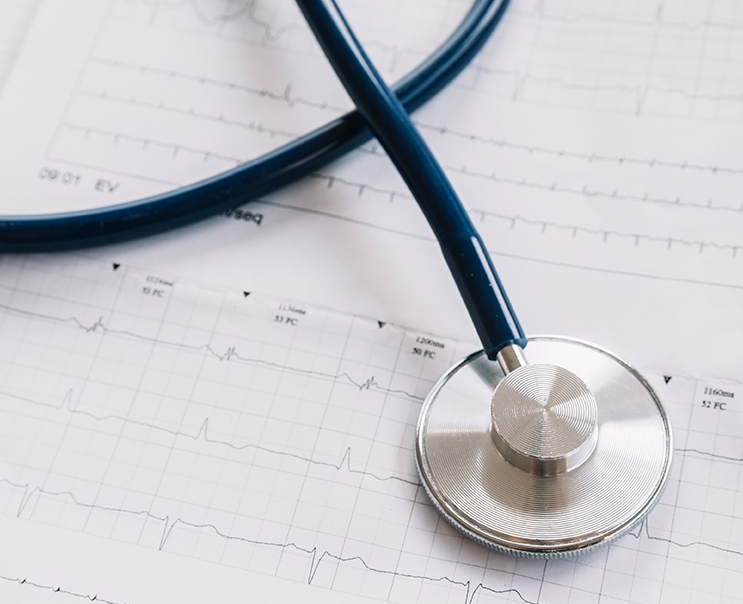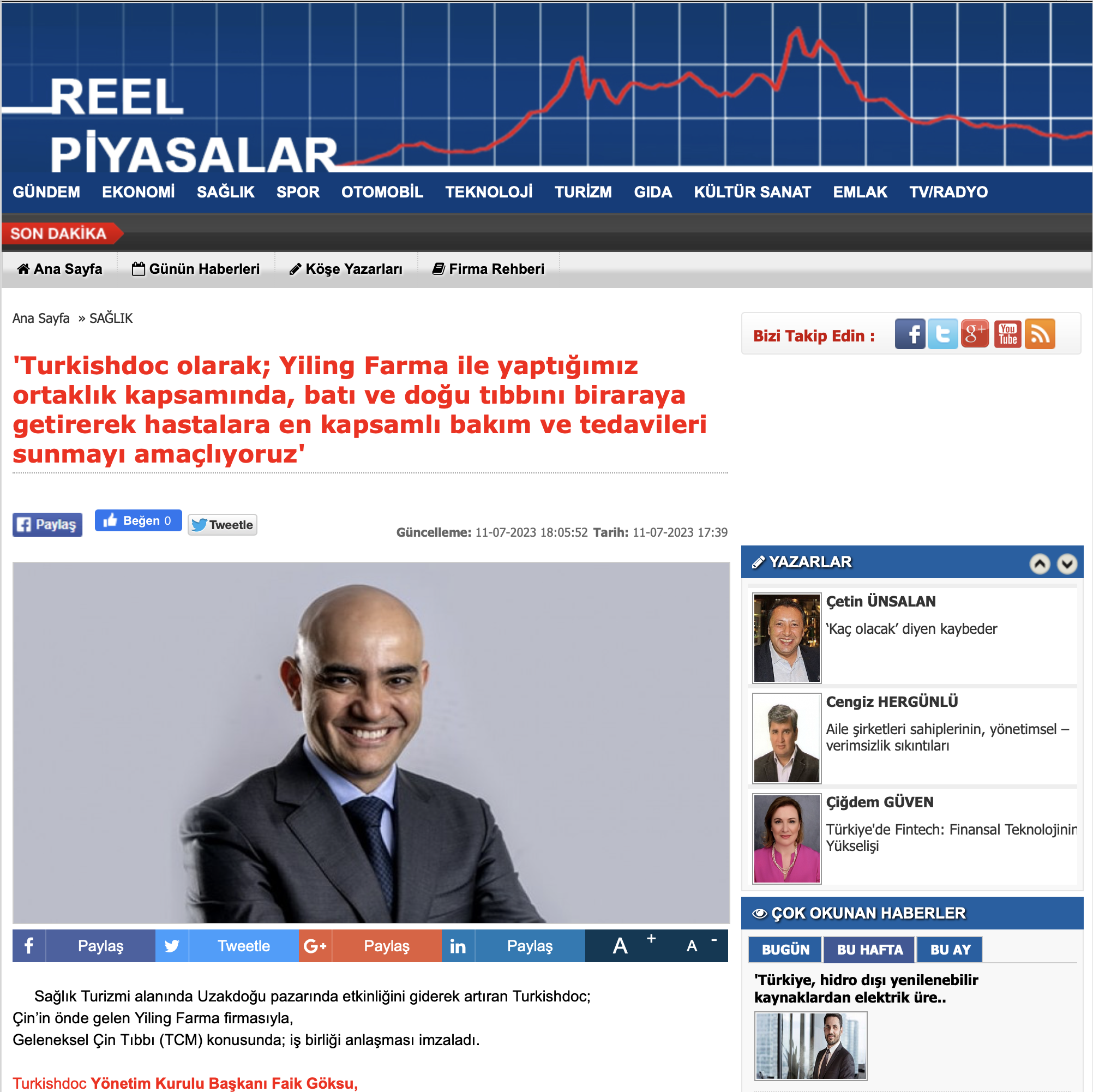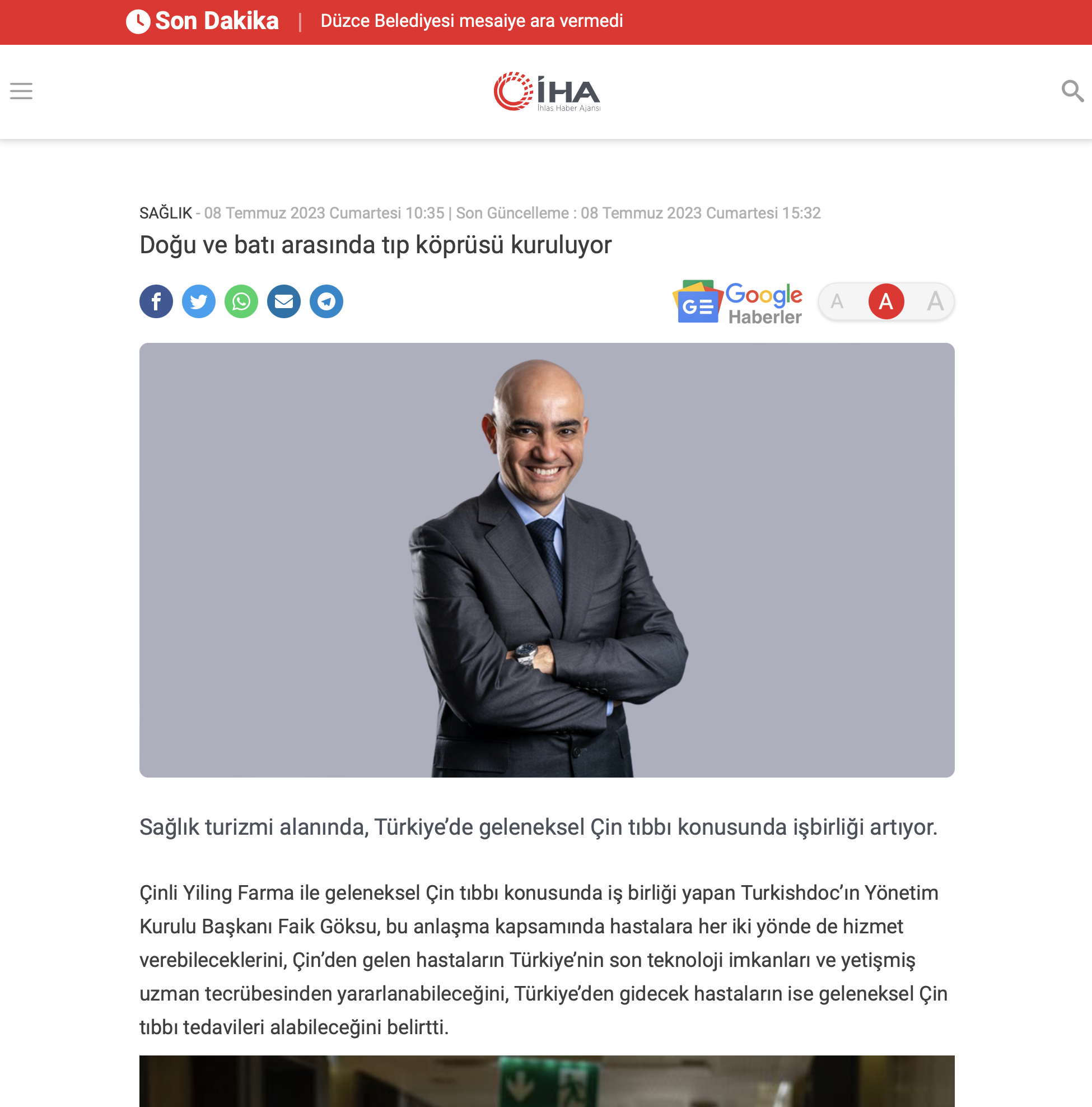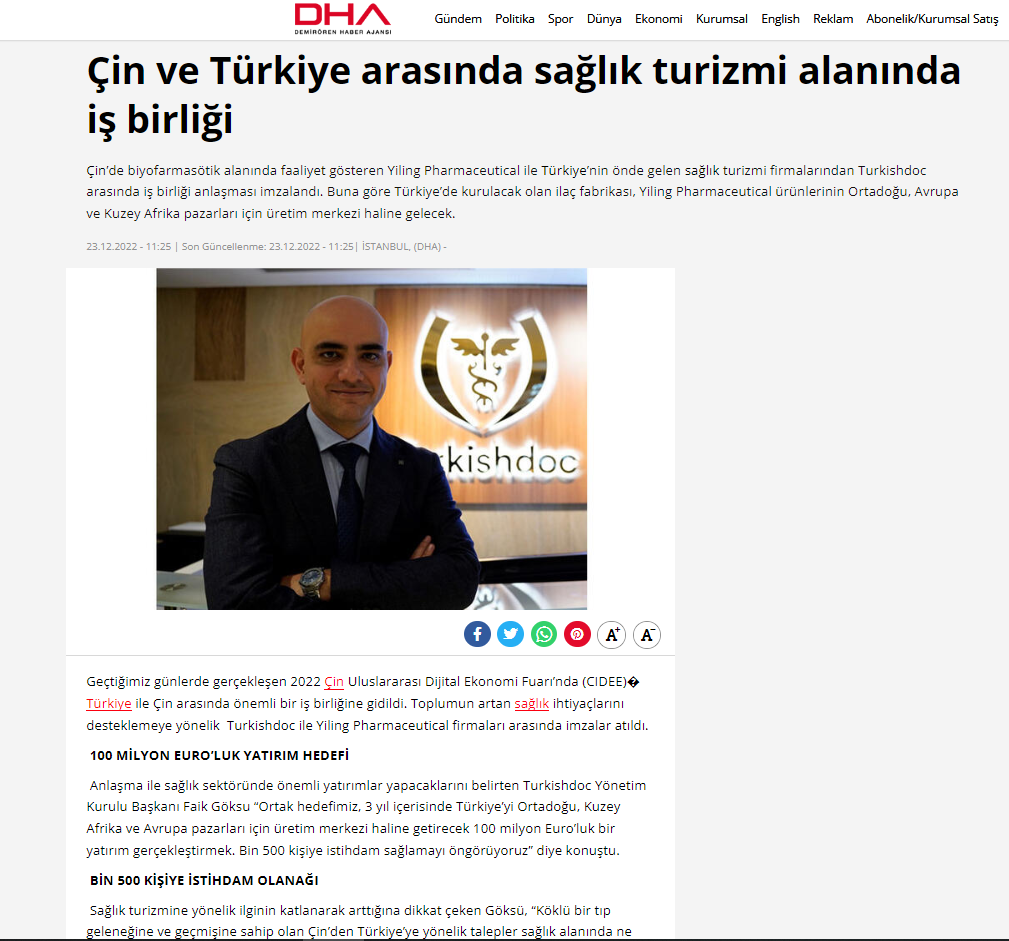Turkishdoc
What Are Arrhythmias: Types, Causes, And Symptoms
When the heart beats slower or faster than it should, this is called an arrhythmia. Irregular heartbeats are one of the conditions that affect a person’s health. Cardiac arrhythmias, which often occur in people with heart disease, can also occur in healthy people. The most important symptom is palpitations, which can even cause a person to faint. Although an irregular heartbeat is usually not a risk, it can sometimes result in death. Cardiac arrhythmias are divided into several types. Each type has different conditions that affect the heart rate. There are many causes of this condition, and these causes are usually underlying heart diseases. However, it can sometimes occur in people without heart disease. There are different treatment procedures for arrhythmias, and a person should adopt a healthy lifestyle to maintain heart health.
Types of Arrhythmias
Arrhythmias are divided into different groups according to heart rate. Tachycardia and bradycardia are among these types. When the pulse rate is greater than 100 beats per minute, a condition known as tachycardia develops. If the heart beats less than 60 beats per minute, this is called bradycardia. Tachycardia and bradycardia are also divided into different groups. Below is information about the types of tachycardia and bradycardia, respectively.
- Ventricular Tachycardia
A rapid pulse in the ventricular chambers of the heart is called ventricular tachycardia. The heart rate of a healthy person is between 60 and 100 beats per minute, more in ventricular tachycardia. In this type of tachycardia, a person’s heart rate is between 200 and 250. As a result of this condition, not enough blood fills the ventricles. This causes the heart to not pump enough blood. Ventricular tachycardia can cause very serious health problems, especially in someone with heart disease. It is therefore a type of tachycardia that requires urgent medical attention.
- Supraventricular Tachycardia
It is one of the most common types of tachycardia in childhood. Arrhythmias that occur above the ventricles are called supraventricular tachycardias. This type of tachycardia, which can also be seen in infants, manifests itself with symptoms such as refusal of milk and restlessness. In children, symptoms such as palpitations and chest pain are observed.
- Atrial Fibrillation
Atrial fibrillation, which occurs with rapid and irregular heartbeats, is also a type of tachycardia. This type of tachycardia, which occurs when muscle fibers contract or twitch, can cause a stroke. This is because a blood clot can form and block the small arteries in the brain. Therefore, although atrial fibrillation is a temporary type of tachycardia, it can cause serious problems if left untreated.
- Sinus Tachycardia
A heart rhythm above 100 as a result of trauma, stress, or physical activity is referred to as sinus tachycardia. Although it is considered normal, it is necessary to consult a doctor.
- Atrial Flutter
Atrial flutter, which has a more regular heartbeat than atrial fibrillation, is also an important type of tachycardia. It develops when the atria beat too fast and the ventricles do not beat enough.
- Ventricular Fibrillation
Ventricular fibrillation, which involves uncontrollable irregular heartbeats, is a severe type of tachycardia. Chaotic heartbeats occur because the heartbeats from different places at the same time. In ventricular fibrillation, heartbeats can sometimes be as high as 300. This type of tachycardia reduces the heart’s ability to pump blood and can cause fainting. Ventricular fibrillation is more serious than other types of tachycardia and requires emergency intervention. People with heart disease or who have had a heart attack are at high risk of this tachycardia.
- Sick Sinus Syndrome
Sick sinus syndrome, a type of bradycardia seen in the elderly, is a condition in which the heart beats more slowly. When the sinus node, which regulates the heart rate, is not working well, it causes bradycardia, which affects the heart rate. This type of bradycardia can also cause tachycardia.
- Heart Block
When the heart’s electrical pathways are blocked, the heart can slow down and cause bradycardia. There are 3 different types of block, and some are asymptomatic. Heart block, which occurs when the electrical signal cannot pass quickly to the ventricles, sometimes stops the heart. This type of bradycardia can occur in old age or due to damage to the heart from the coronary artery. The third-degree block is the most dangerous, as it can result in a heart attack or death.
- Premature Heartbeats
Premature heartbeats are premature contractions from the upper or lower chambers of the heart. When the heart beats earlier than expected, it can cause heart rhythm disorders. The risk of arrhythmias is particularly high in people with heart disease. These heartbeats, which also occur at rest, do not cause serious health problems. However, it is still necessary to consult a doctor in case of symptoms such as irregular heart rhythm, sudden breathlessness, or cardiac arrest.
Symptoms of Arrhythmias
Because arrhythmias do not occur with obvious symptoms, they can often be difficult to recognize. It is only when a doctor examines you that he or she is better able to recognize the heart rhythm. Common symptoms of arrhythmias include:
- Palpitations
- Shortness of breath
- Rapid heartbeat
- Slow heartbeat
- Irregular heartbeat
- Heart beating so slowly that it stops
- Anxiety and sweating
- Fatigue
If you experience many or more of these symptoms, you should consult a specialist cardiologist. As arrhythmia progresses, it can cause fainting or death. It is therefore very important that it be diagnosed and treated in time. You should also call 911 if your health is deteriorating, as this is a disease that requires emergency intervention.
Causes of Arrhythmias
The main cause of arrhythmias is usually an underlying heart disease. Therefore, diseases that damage the heart cause arrhythmias. You can find the following causes here:
- Having a heart attack
- Scar after a heart attack
- High blood pressure
- Coronary artery occlusion
- Genetic factors
- Recovery after heart surgery
- Heart valve disorders
- Stress and anxiety
- Smoking
- Excessive caffeine consumption
In addition to all these causes, arrhythmias have some risk factors. Some conditions and habits that affect heart health can cause this. Here are the risk factors that can cause an irregular heartbeat, or arrhythmias:
- Coronary artery disease
- Sleep apnea
- Thyroid disease
- Electrolyte imbalance in the blood.
- Some over-the-counter cold medicines
- • Using alcohol, nicotine, and caffeine excessively
- High blood pressure
- High blood sugar
Complications of Arrhythmias
Arrhythmias, also defined as irregular heartbeats, cause some complications. In severe cases, it can cause death. However, the complications may vary depending on the type of arrhythmia. Complications of arrhythmias include stroke, heart attack, heart failure, and related deaths. Arrhythmias that cause blood clots are more likely to cause a heart attack. These complications are reduced using treatment methods. Heart function can also be improved by heart rate control methods.











